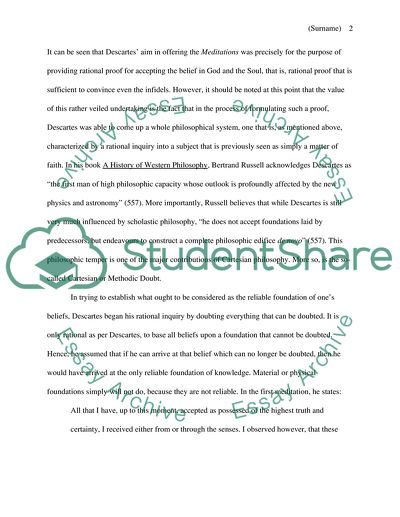Cite this document
(“Analysis of the Cartesian Proof for the Existence of God Essay”, n.d.)
Analysis of the Cartesian Proof for the Existence of God Essay. Retrieved from https://studentshare.org/religion-and-theology/1535995-analysis-of-the-cartesian-proof-for-the-existence-of-god
Analysis of the Cartesian Proof for the Existence of God Essay. Retrieved from https://studentshare.org/religion-and-theology/1535995-analysis-of-the-cartesian-proof-for-the-existence-of-god
(Analysis of the Cartesian Proof for the Existence of God Essay)
Analysis of the Cartesian Proof for the Existence of God Essay. https://studentshare.org/religion-and-theology/1535995-analysis-of-the-cartesian-proof-for-the-existence-of-god.
Analysis of the Cartesian Proof for the Existence of God Essay. https://studentshare.org/religion-and-theology/1535995-analysis-of-the-cartesian-proof-for-the-existence-of-god.
“Analysis of the Cartesian Proof for the Existence of God Essay”, n.d. https://studentshare.org/religion-and-theology/1535995-analysis-of-the-cartesian-proof-for-the-existence-of-god.


